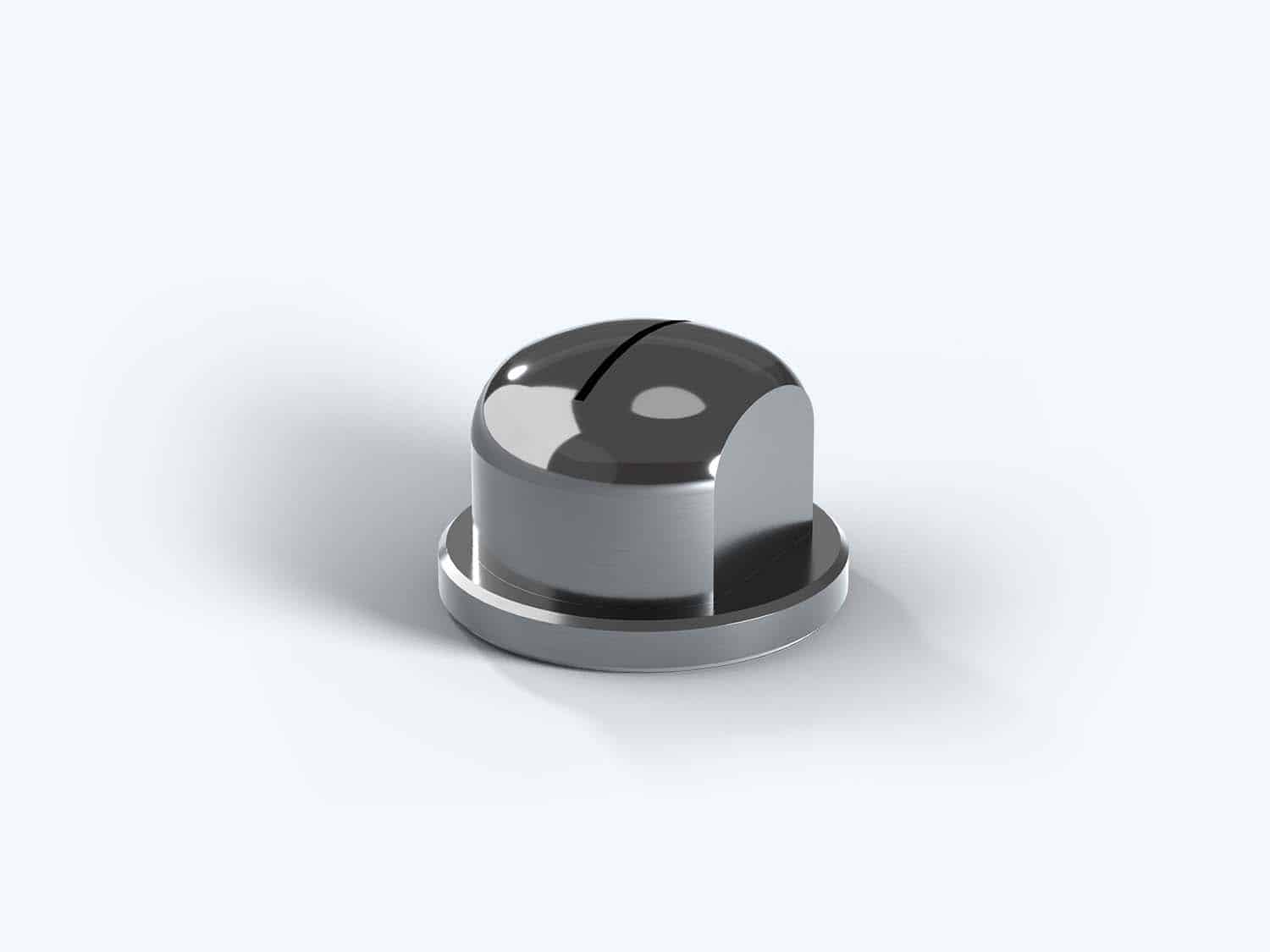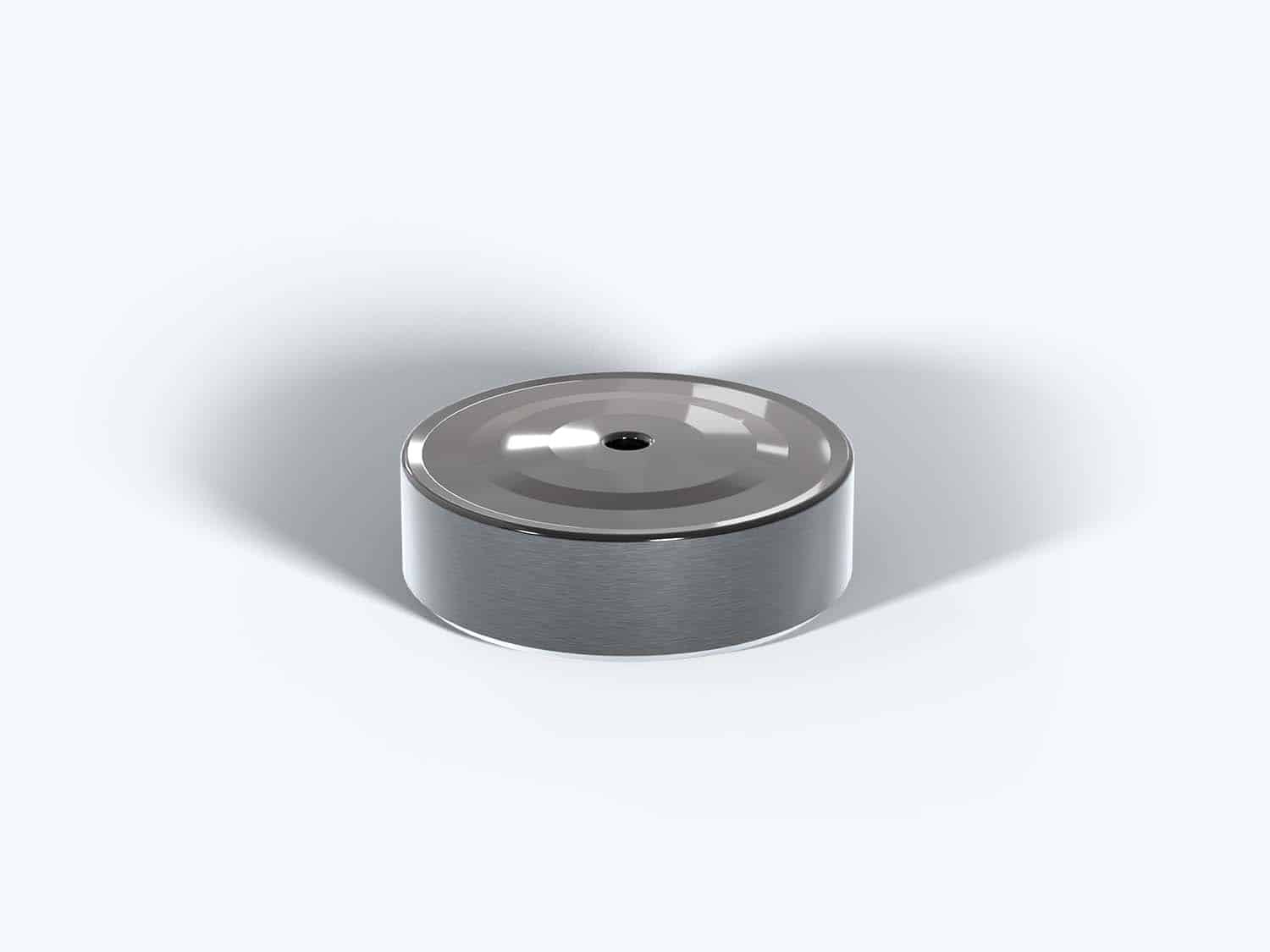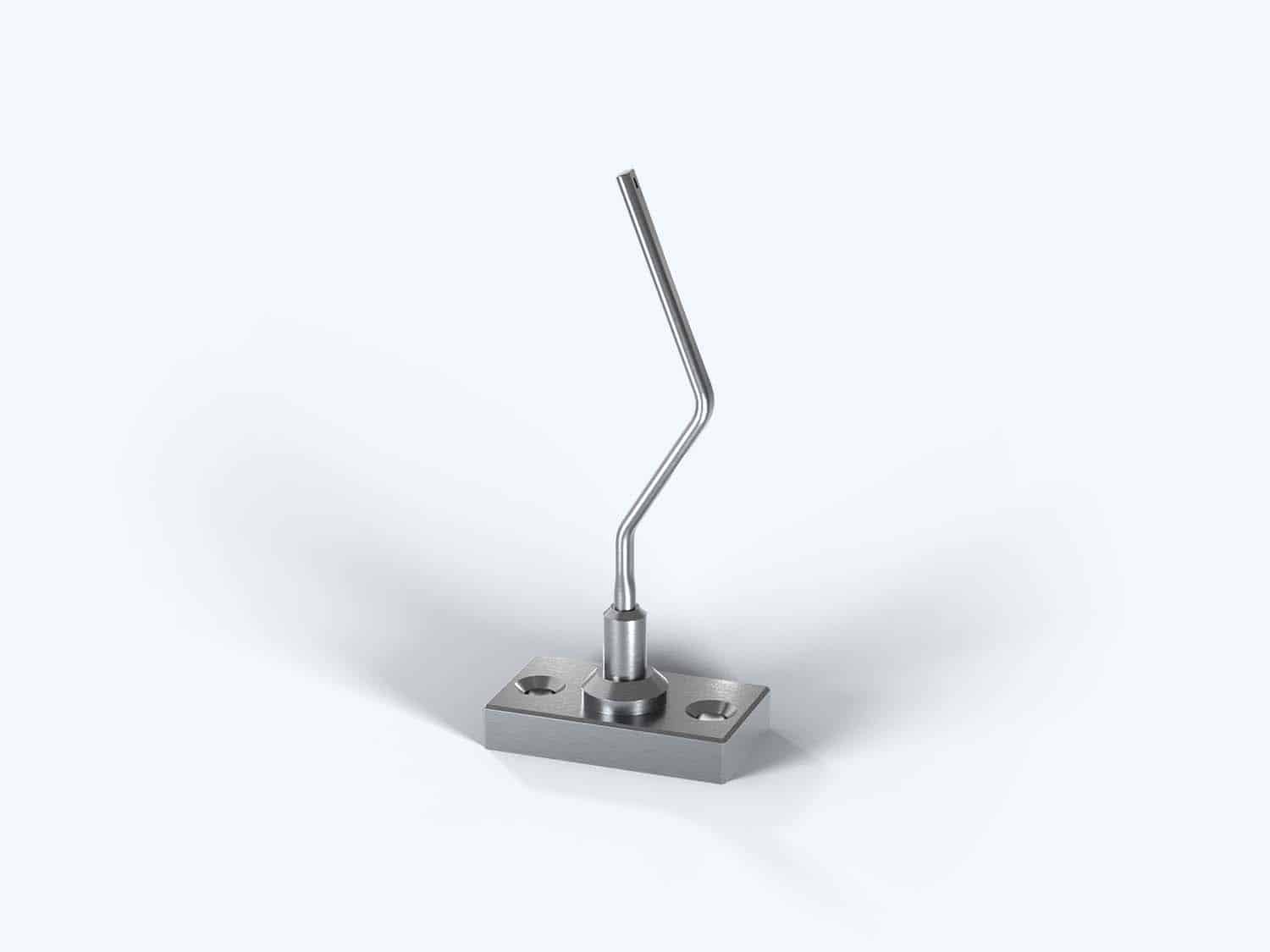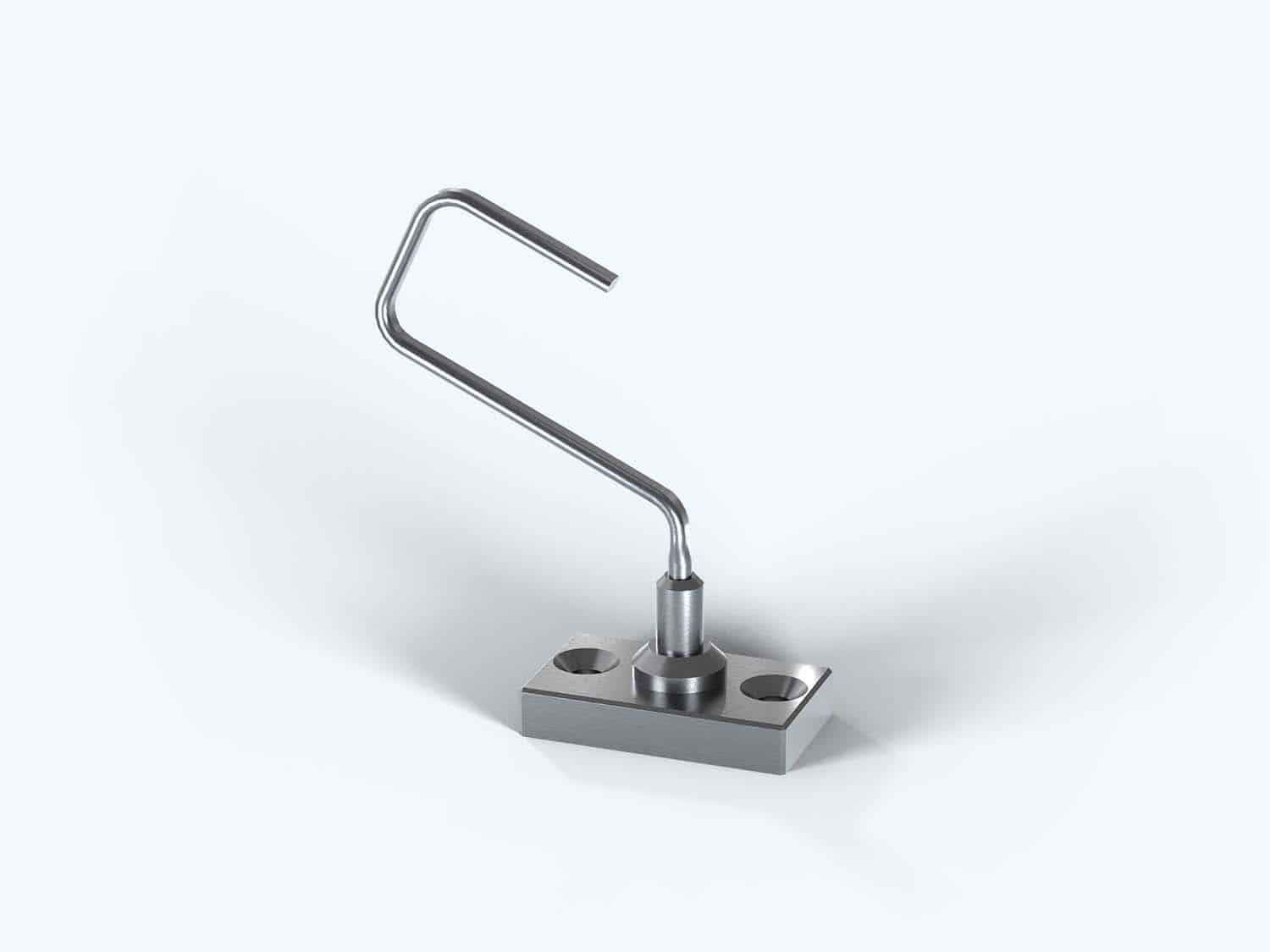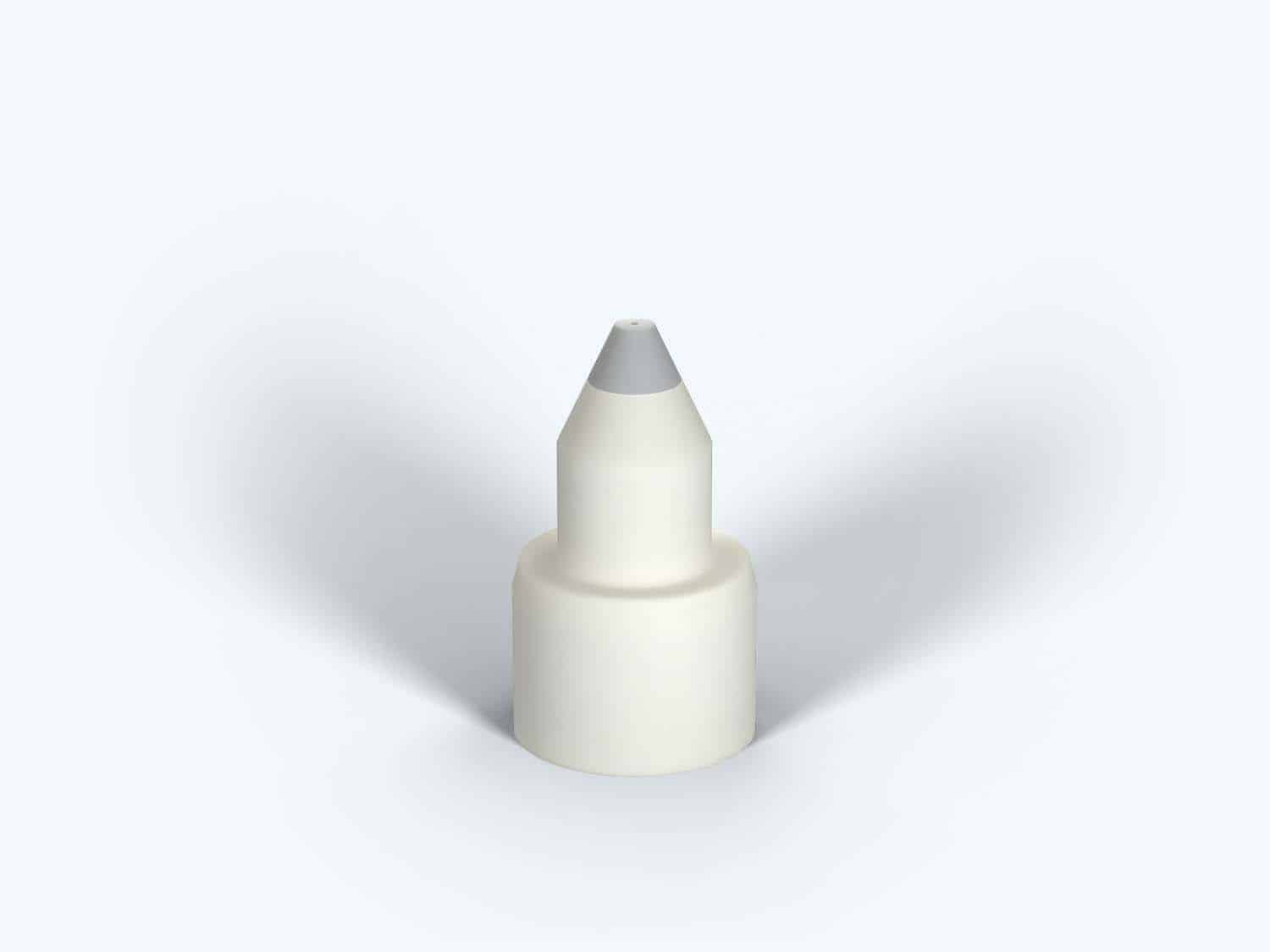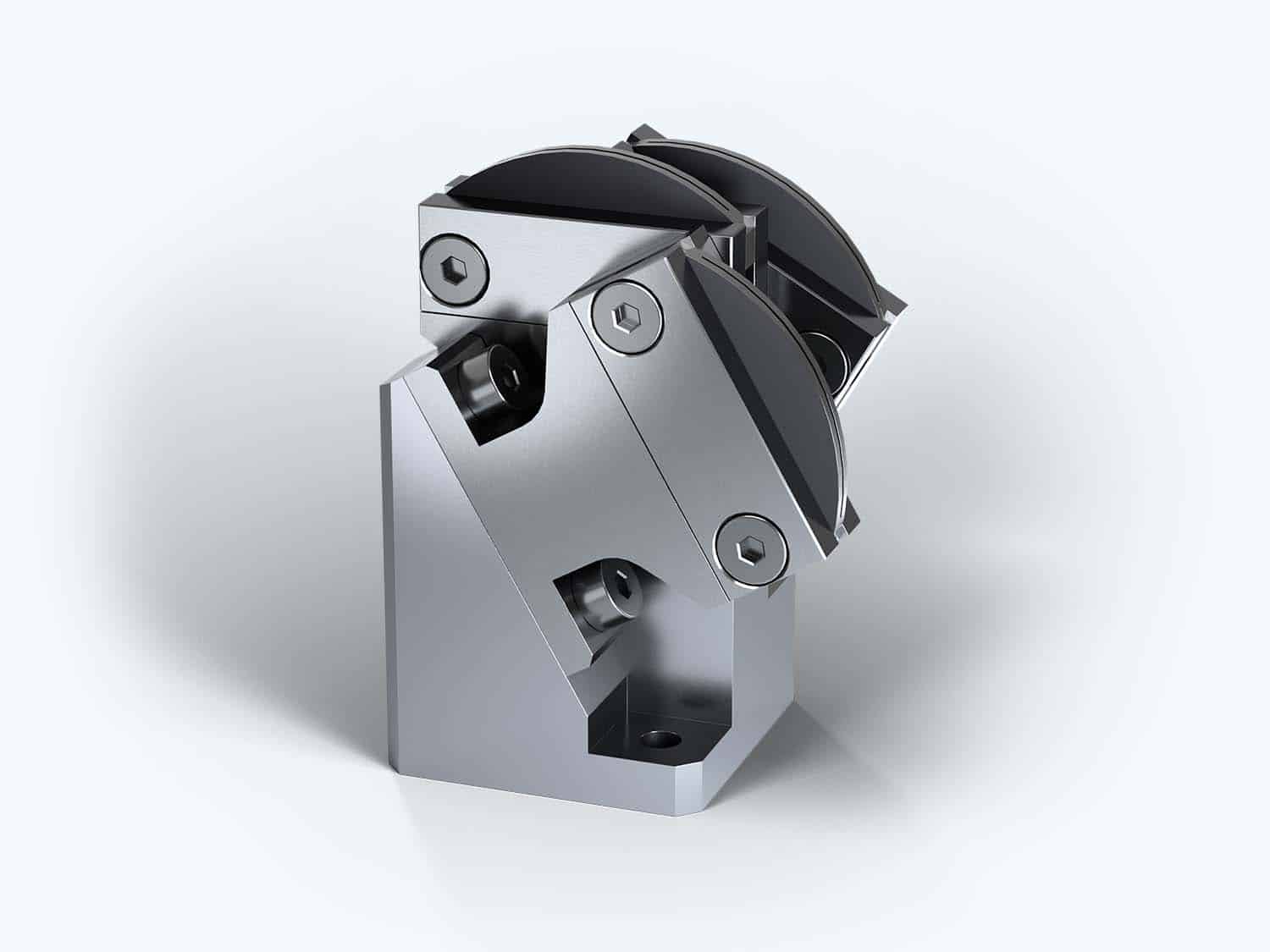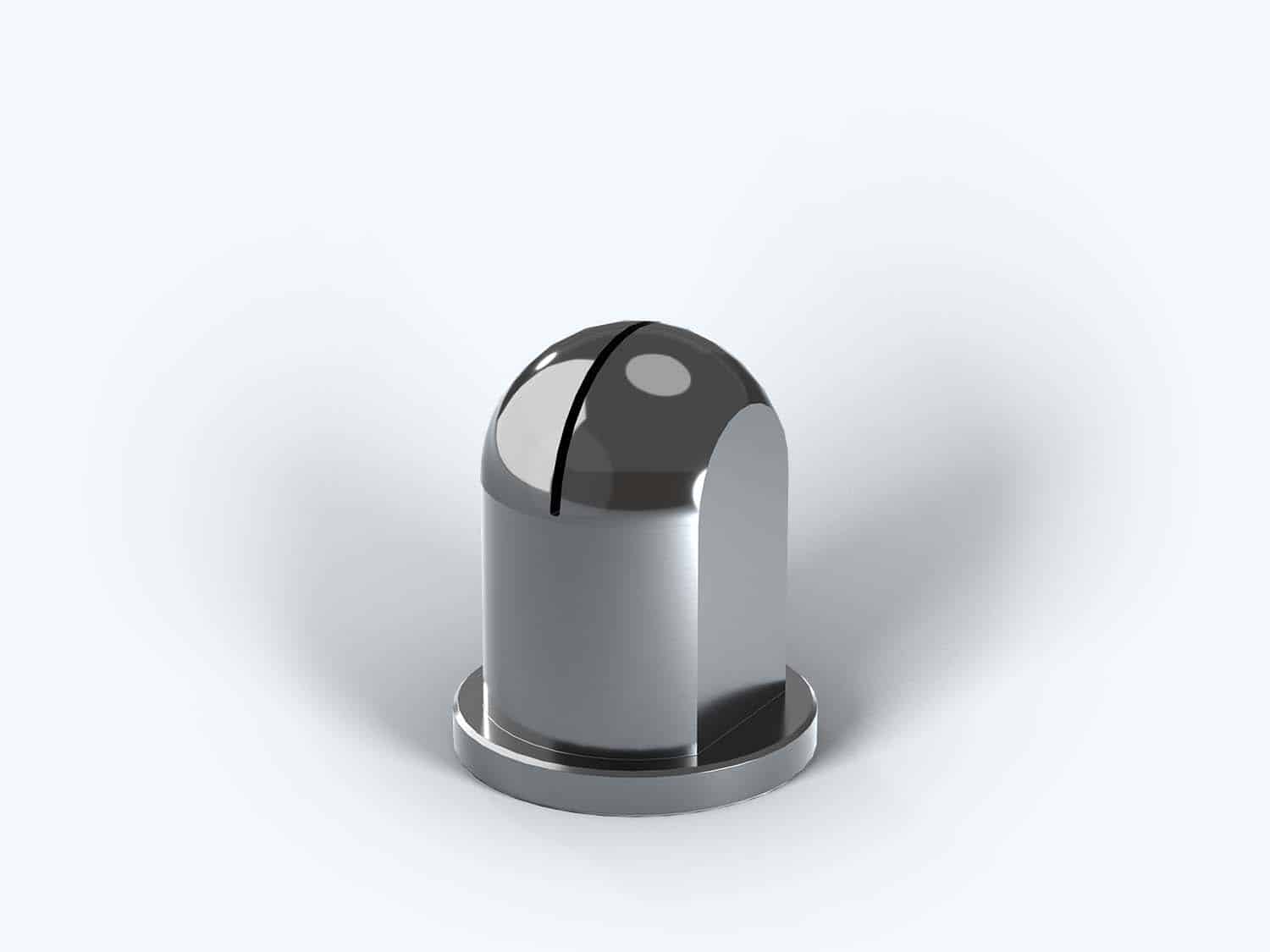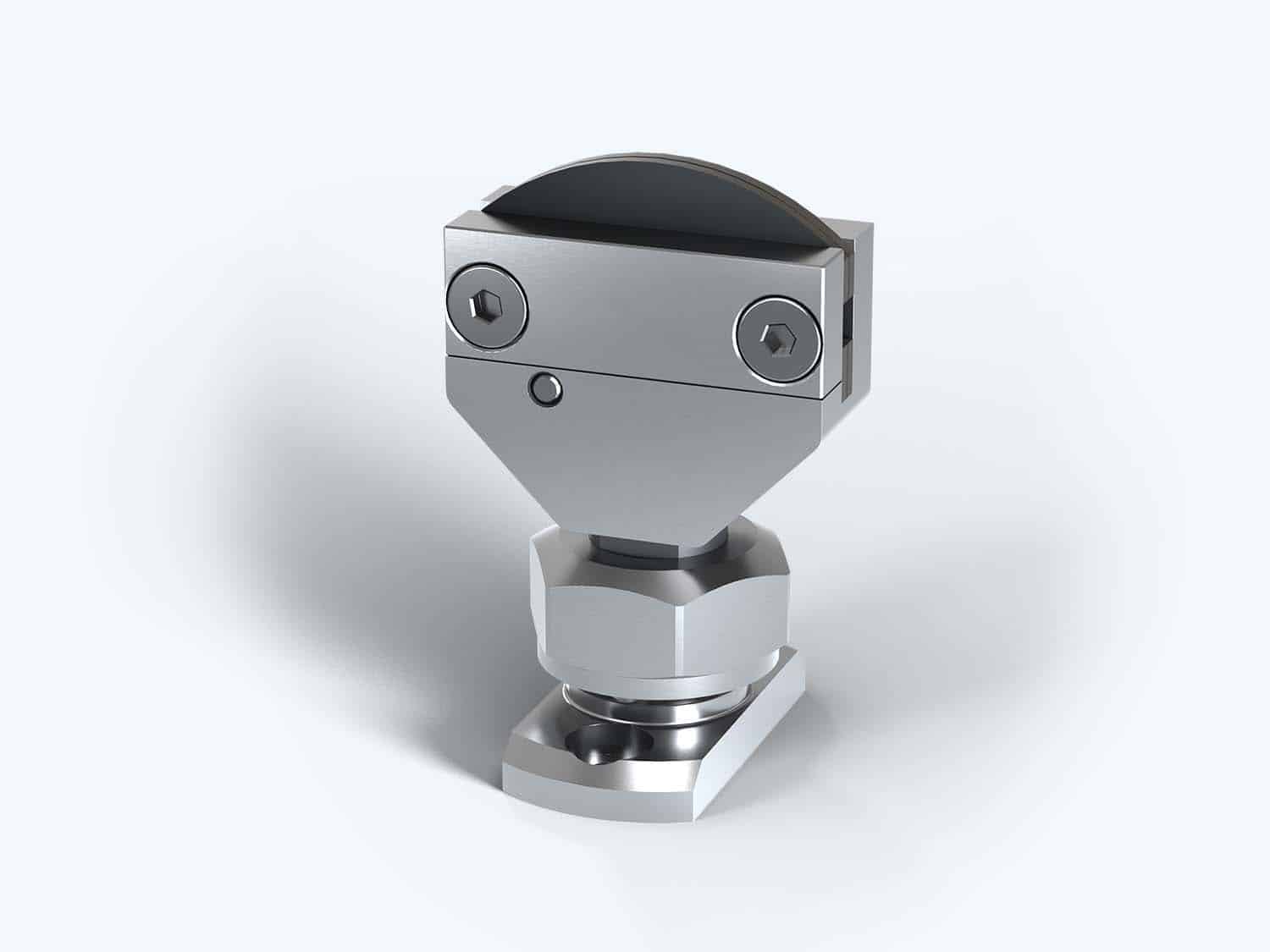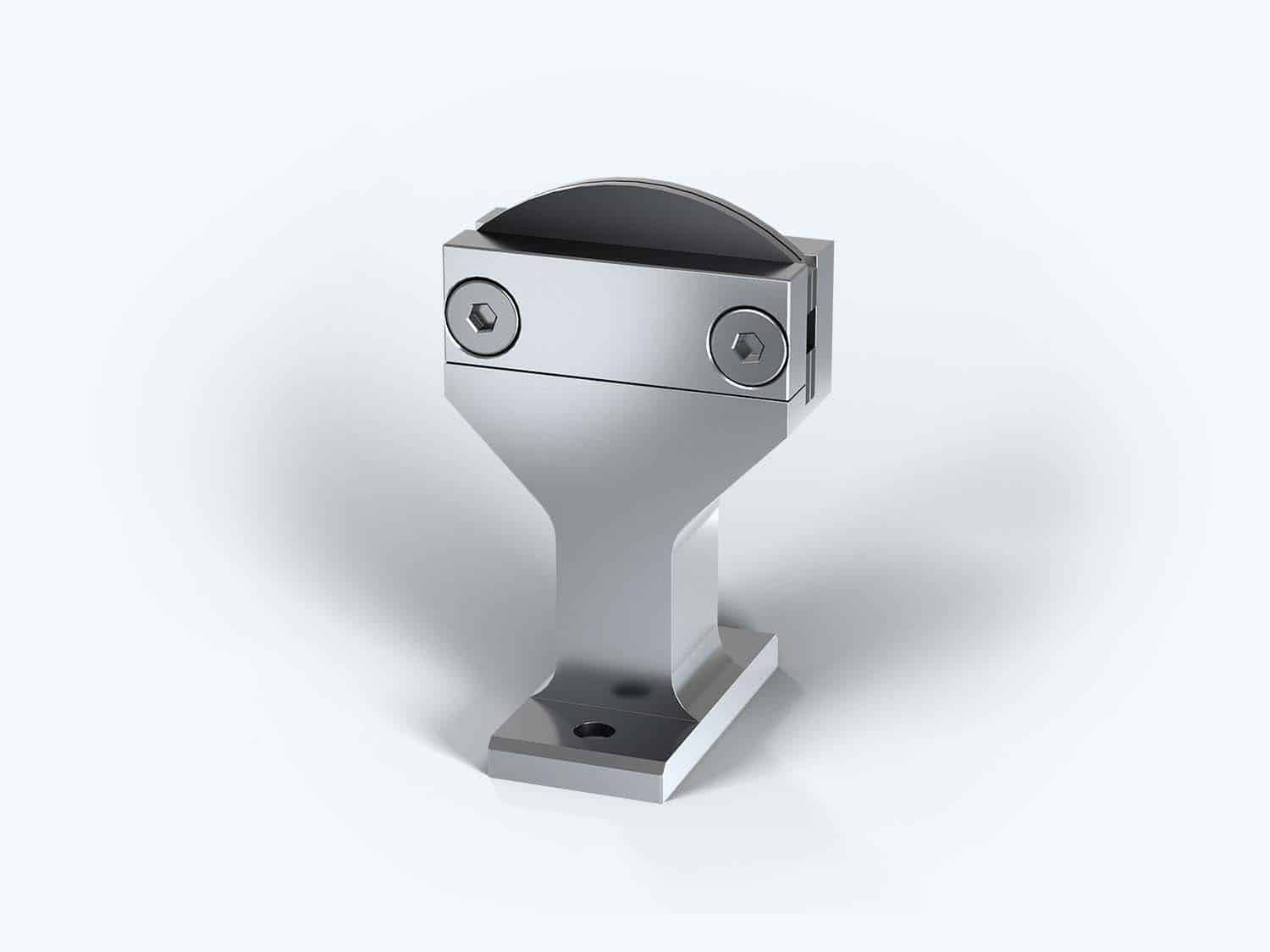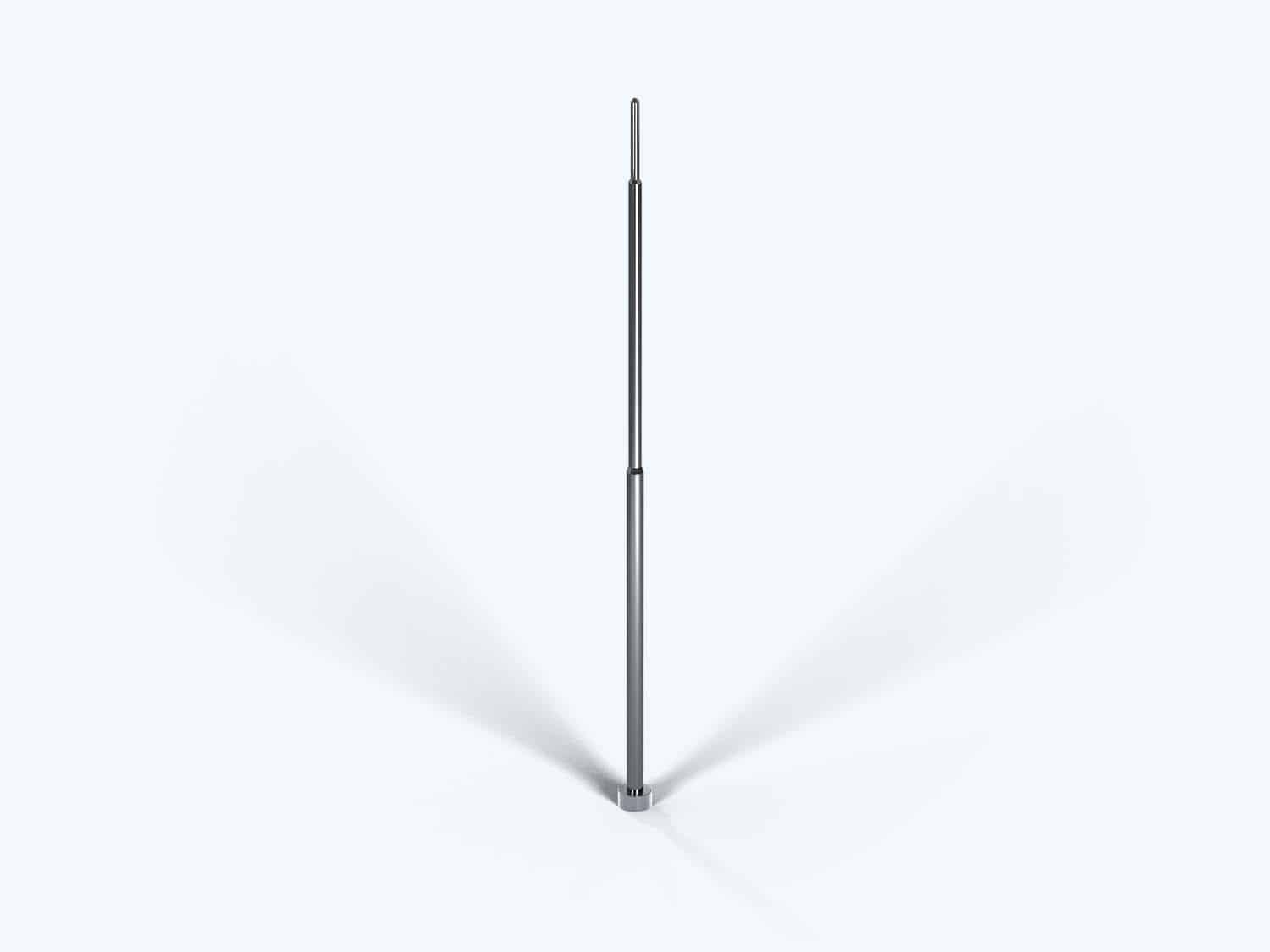Sectors and applications
Our industry expertise: Individual solutions at the highest level.
TROB has always worked with various industries, each with its requirements. We provide an insight into four of the most important ones for us.
Expertise
For decades, we have been working with various sectors and leading industries. In the process, we have learned to optimally adapt our materials, methods, production depths and downstream operations to the individual needs of customers and industries.
Links
Automotive
Hardly any other industrial mass product has changed the everyday life of mankind more than the motor vehicle, with the - quite emotionally charged - automobile leading the way. In many countries such as China, the United States, Japan, Germany, India and South Korea, the automotive industry is one of the most important branches of industry.
Parts produced annually
We produce about 11,500 parts per year for the automotive industry.
Customers
We accompany automotive groups such as Audi, BMW, Daimler, Borgwarner, and international manufacturers overseas.
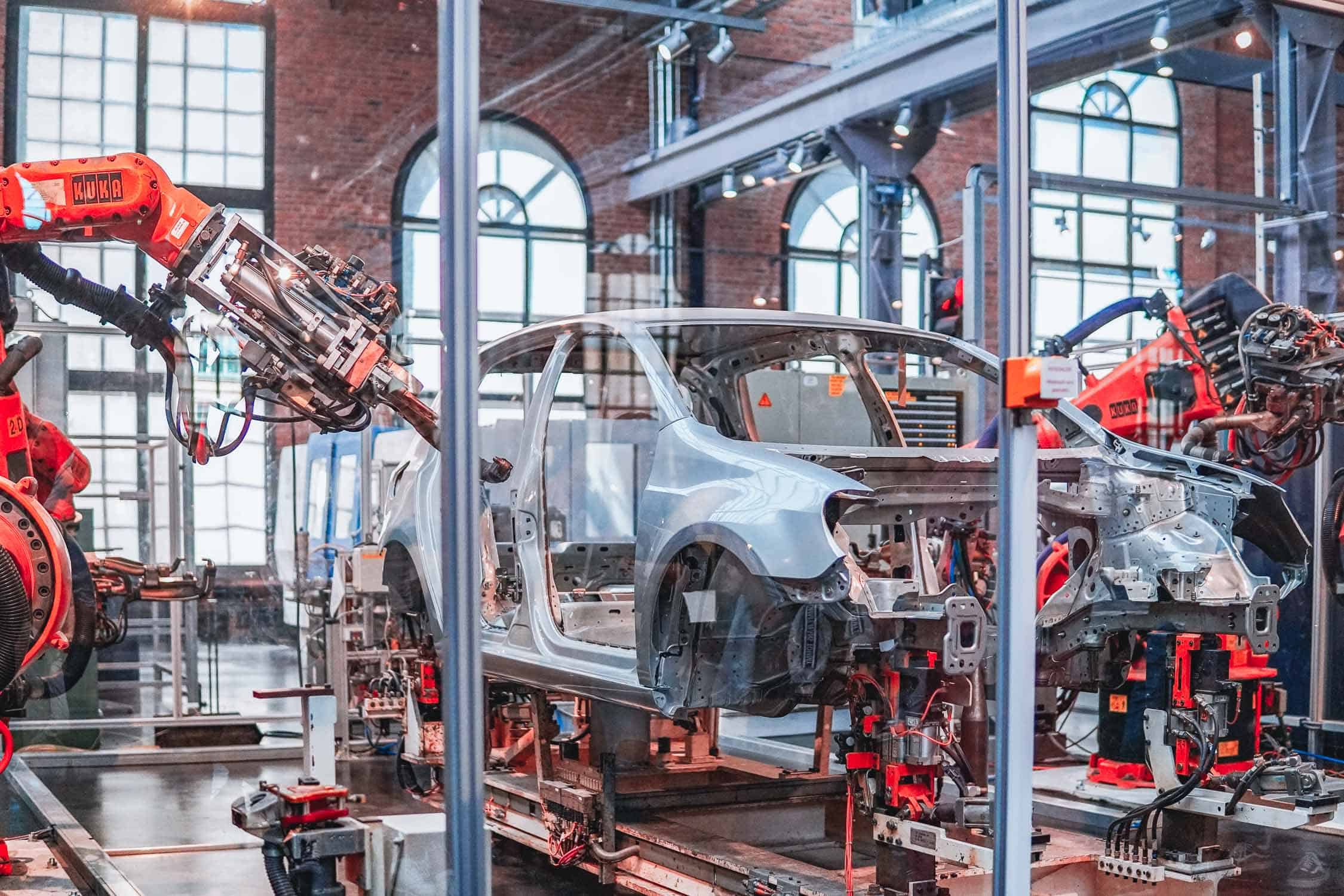
Facts
- The automobile was invented as early as 1886, and the possibility of autonomous driving has been gaining momentum since the 2010s.
- Around 774,000 employees in Germany (2022)
- EUR 506 billion turnover by the German automotive industry (2022)
Our speciality: nozzles
Together with leading automotive manufacturers and system manufacturers, we develop nozzles for special applications: for example, nozzles for seam covering, for the application of sprayable insulation mats, for the application of adhesive traces or generally for PVC application.
Medical technology
Medical technology combines the knowledge from technology with the medical competence of doctors, nurses and similar professions. It can help solve problems and initiate developments that improve the lives of sick - but also healthy - people in diagnostics, therapy, nursing, rehabilitation and quality of life.
Parts produced annually
We produce about 5,700 parts per year for medical technology.
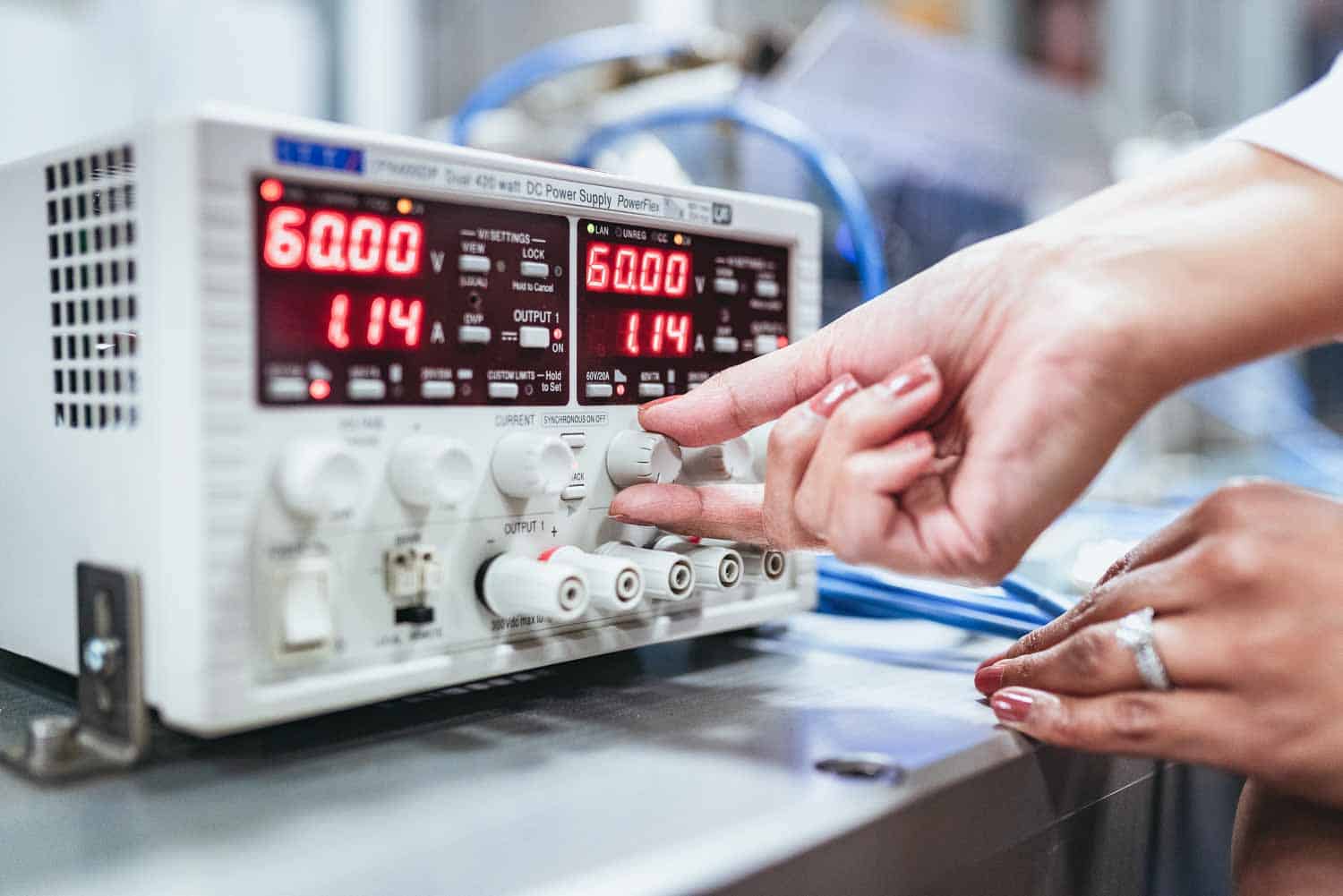
Facts
- Around 159,000 employees in Germany (2022)
- EUR 38 billion turnover from German medical technology (2022)
Electrical engineering
Electrical engineering, classically divided into power engineering, drive engineering and communications engineering, has expanded to include areas such as electrical measurement technology, automation technology, electronics and numerous other specialist areas.
The applications have become established worldwide: In today's civilisation, almost all processes and facilities are electrically operated - or run with the substantial participation of electrical devices and controls.
Parts produced annually
We produce about 15,000 parts per year.
Customers
We accompany customers like ASM, Tyco, Philips or Osram.
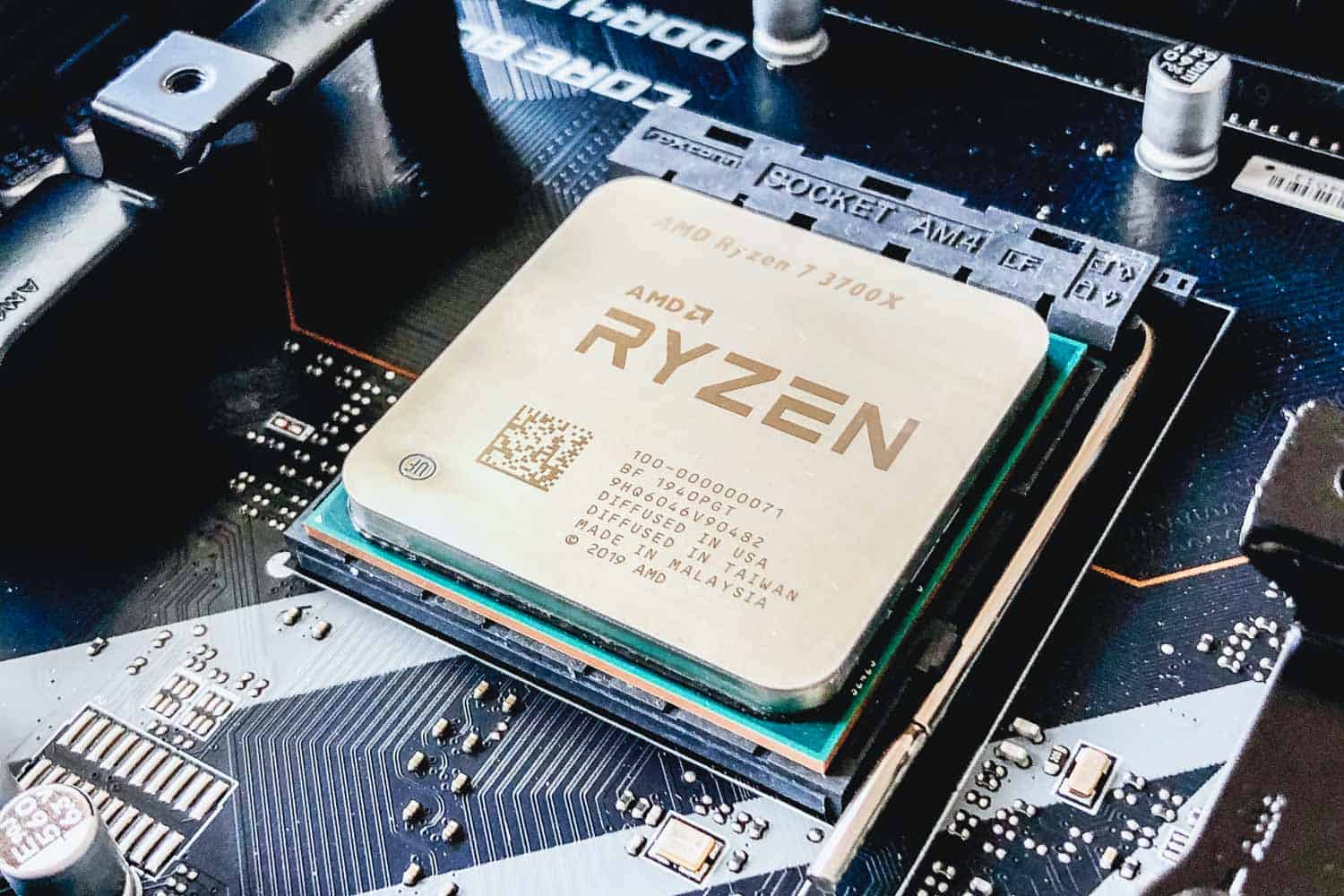
Facts
- In 1941, the first electromechanical computer was created, which enabled completely new technologies, applications and achievements, such as the moon landing in 1969.
- Around 898,000 employees in Germany (2022).
- EUR 225 billion turnover through electrical engineering (2022).
Mechanical Engineering
Mechanical engineering is a broad and interdisciplinary field that includes the development, design and production of machines and plants. Closely related disciplines are, for example, materials engineering and electrical engineering. Engineers, technicians and skilled workers work on products and plants of the greatest complexity, such as production lines or entire factories, depending on the size of the project and the focus of the topic.
Parts produced annually
We produce about 12,300 parts per year for the mechanical engineering industry.
Customers
We work wirh companies such as Bosch, Atlas Copco and Iwis.
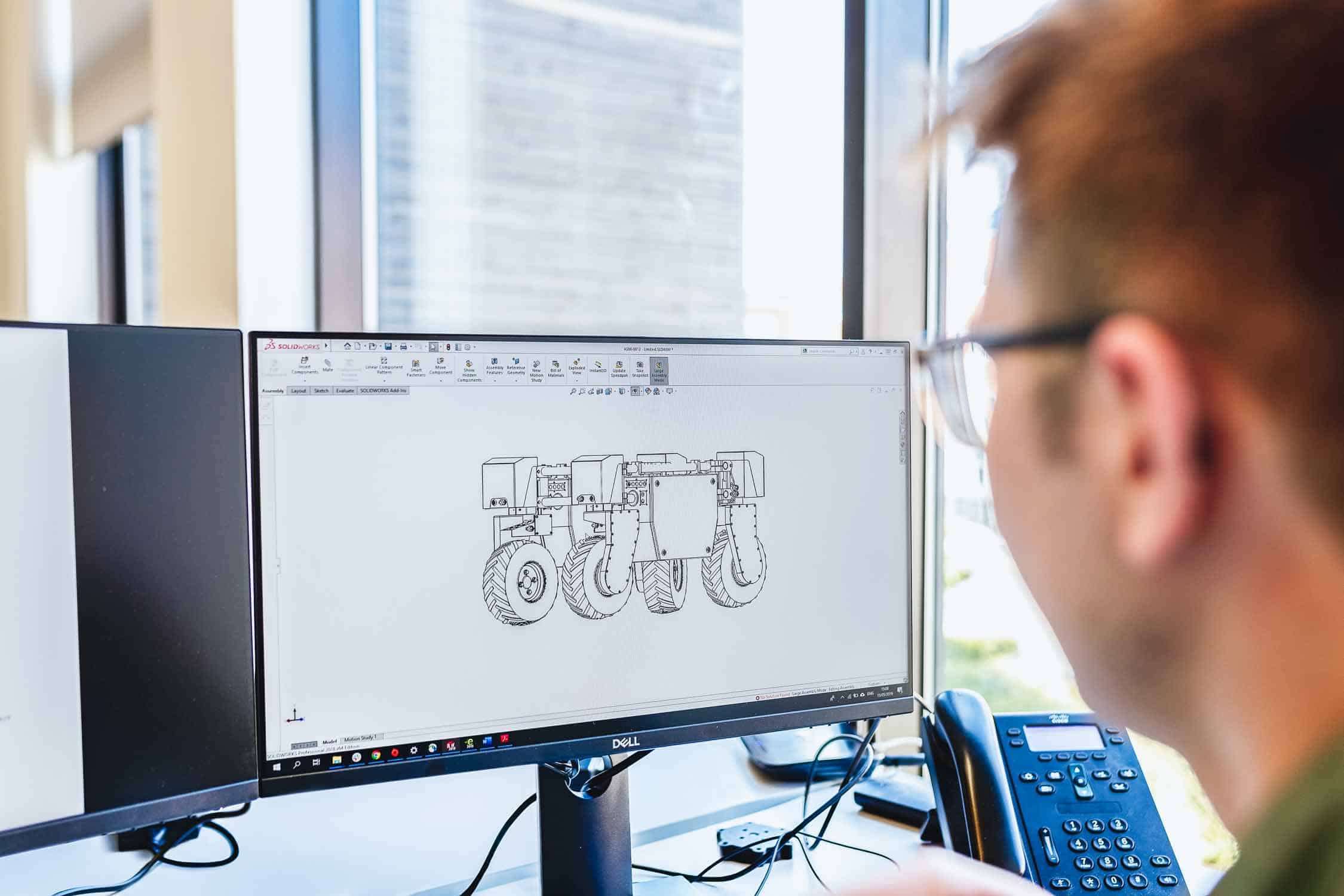
Facts
- Historically, mechanical engineering took a decisive turn with the invention of the steam engine at the beginning of the 18th century - now, since 2011, mechanical engineering has combined with digitalisation as part of "Industry 4.0."
- Around 943,000 employees in Germany (2022)
- EUR 244 billion turnover from the German mechanical engineering sector (2022)

